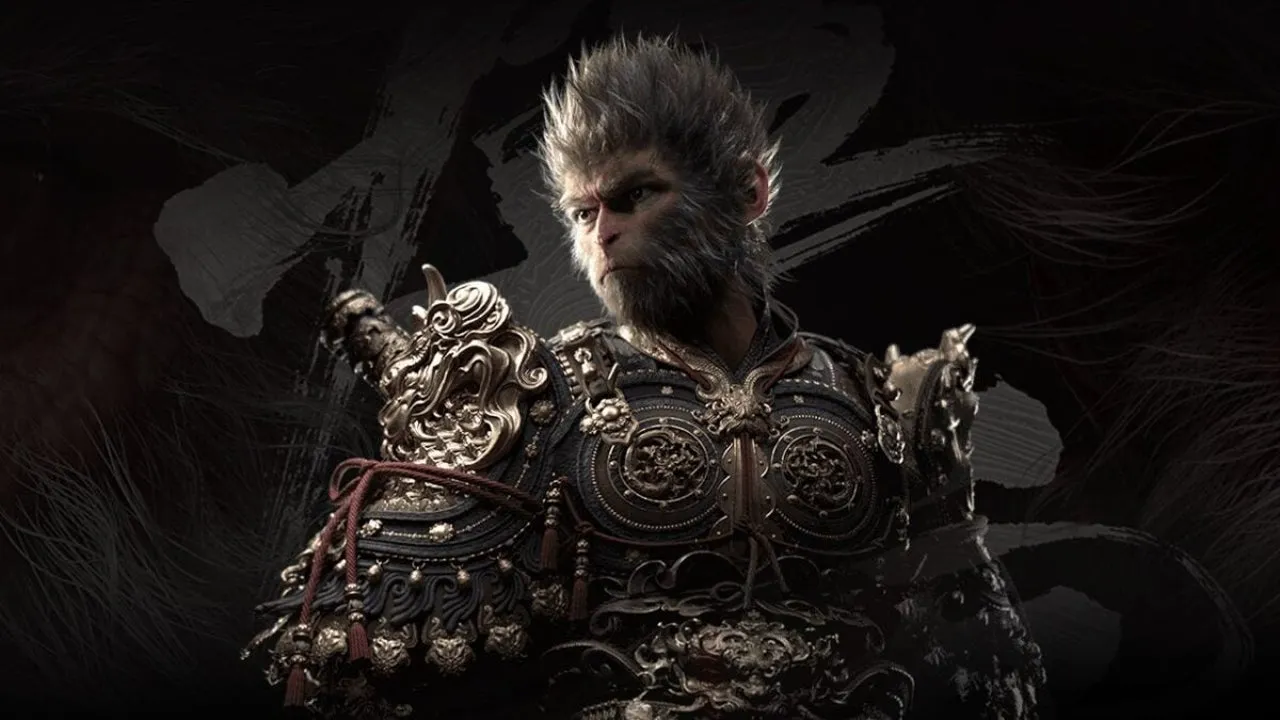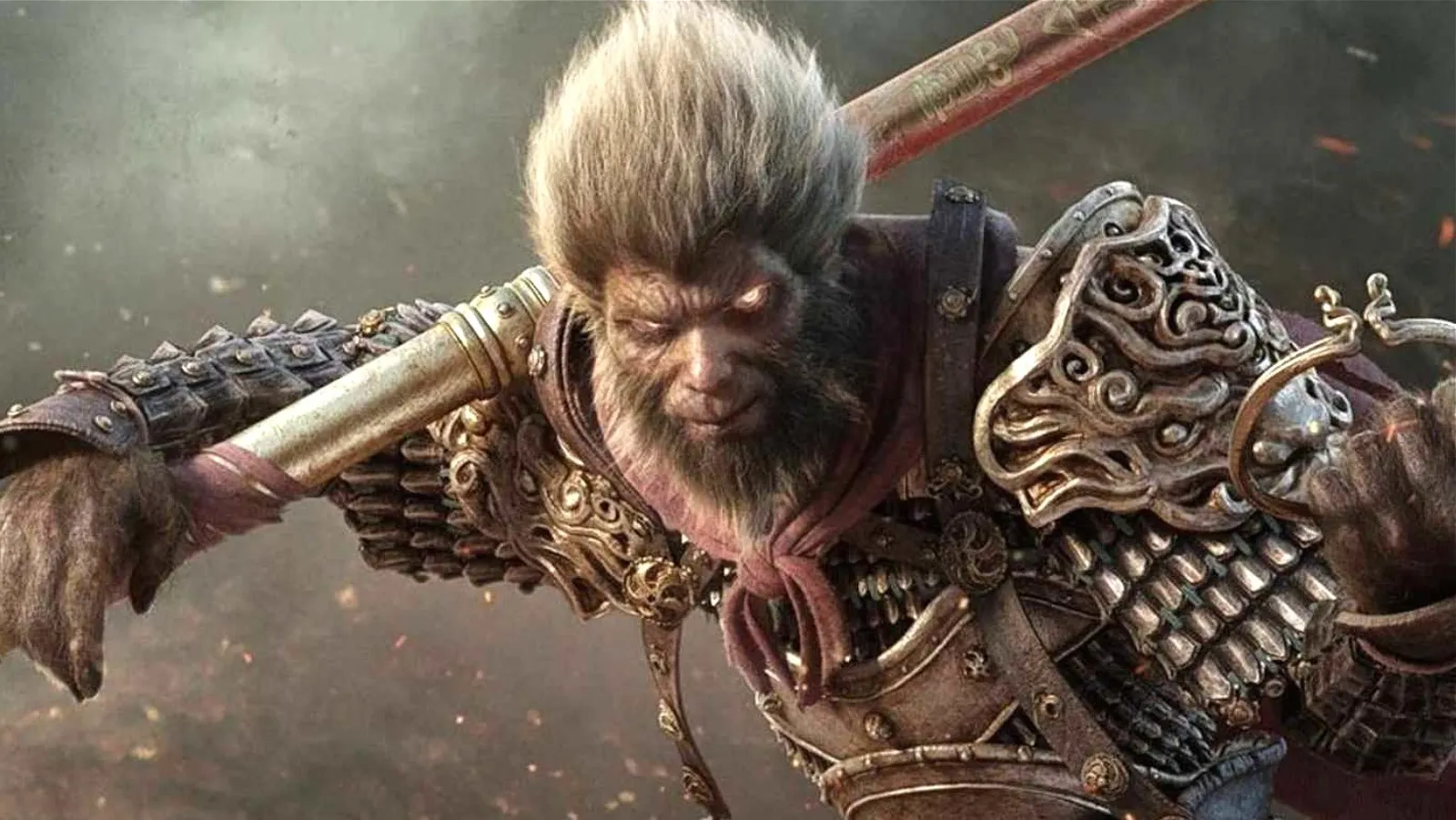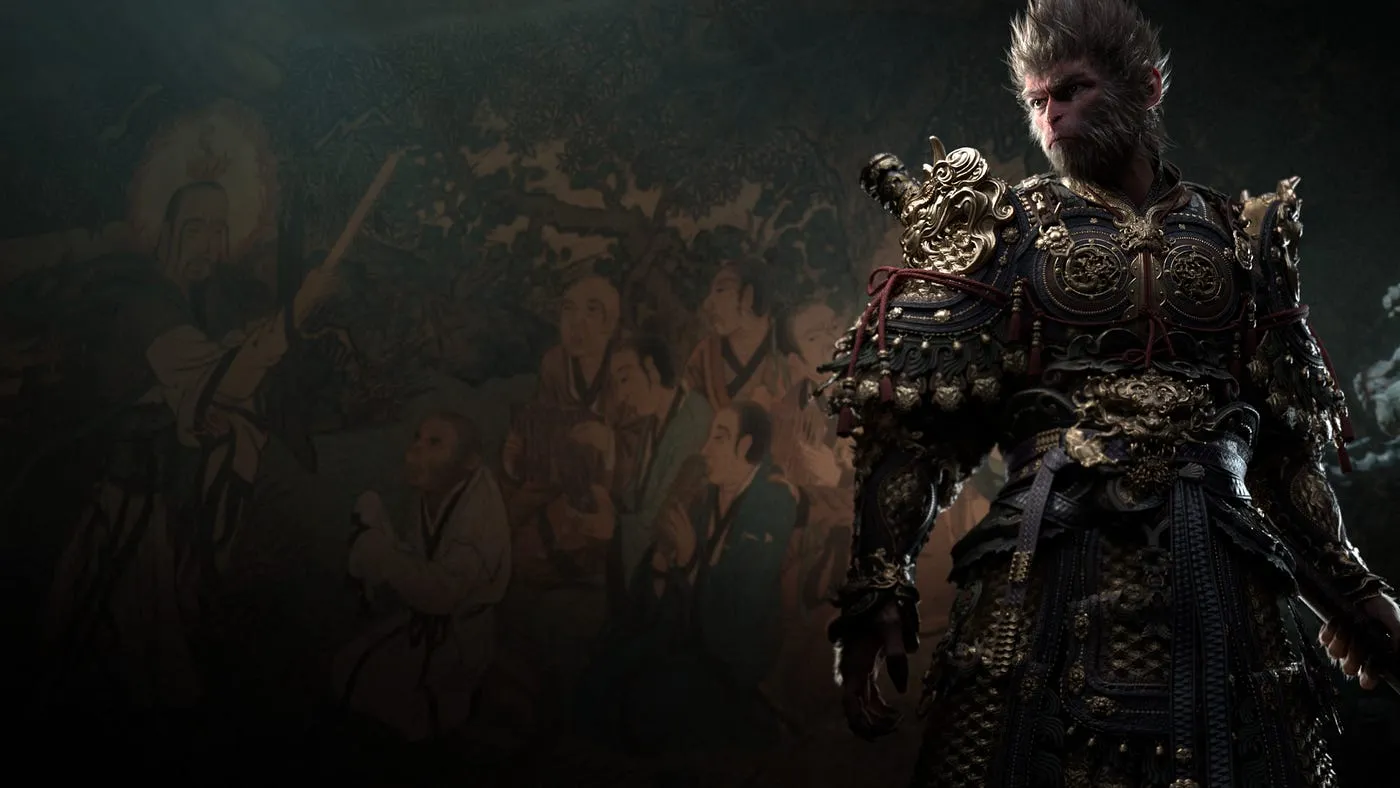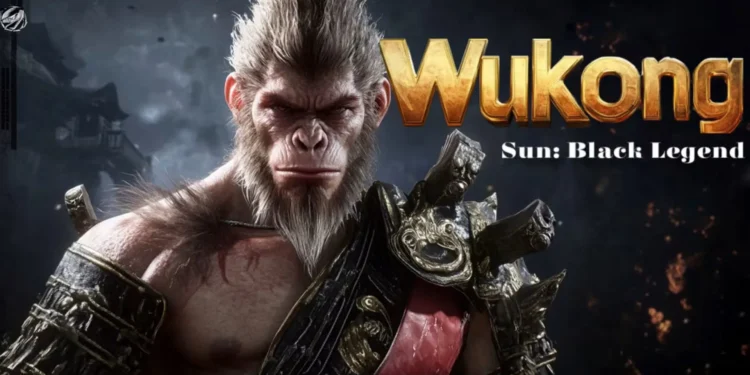In the fast-paced world of video games, the line between inspiration and imitation often blurs. This week, a curious entrant named Wukong Sun: Black Legend has emerged on the Nintendo eShop, stirring discussions and raising eyebrows. Described as a blatant ripoff of the critically acclaimed Black Myth: Wukong, this new title is drawing attention not for groundbreaking gameplay but for its audacious mimicry.

A Not-So-Subtle Doppelganger
Developed by Globalgamestudio, Wukong Sun: Black Legend appears to be capitalizing on the monumental success of Black Myth: Wukong, which not only shattered Steam records but also secured a fervent fanbase with its deep, challenging Soulslike mechanics. Black Myth: Wukong earned widespread accolades, including a nomination at The Game Awards shortly after its release, though it ultimately did not clinch the Game of the Year title.
The attempt to replicate such a distinctive and beloved game has not gone unnoticed. Observers were quick to spot the differences: where Black Myth: Wukong offers a rich, immersive experience, Wukong Sun: Black Legend opts for simpler, less refined gameplay. Instead of a fully-fledged 3D world with intricate combat systems, the latter is a basic 2D platformer with minimalistic hack-and-slash elements. The graphics, purportedly AI-generated, feature the iconic figure of Sun Wukong in black and gold armour, but the resemblance ends there.

Quality Over Quantity
Globalgamestudio is not new to the gaming scene, having released several titles on the Nintendo eShop. However, their portfolio mostly consists of lower-quality games, which seem to serve more as filler content than as serious endeavours. Titles like Farming Harvest Simulator 2025 suggest a pattern of leveraging popular trends and names rather than creating original, compelling content.
This strategy of imitation over innovation raises important questions about the sustainability of such practices in the gaming industry. While Wukong Sun: Black Legend might momentarily capture the attention of shoppers through its familiar title and character design, its long-term appeal is questionable. The game lacks the depth and polish that typically warrant acclaim and awards, which suggests it is unlikely to emulate the success of its predecessor.

The Impact on the Gaming Landscape
The emergence of Wukong Sun: Black Legend as a derivative work highlights a broader issue within the gaming industry: the challenge of protecting intellectual property while fostering creativity. While it’s common for developers to draw inspiration from successful games, there is a fine line between homage and infringement. This instance serves as a reminder of the need for clear guidelines and enforcement to ensure that creators can benefit from their innovations without fear of copycats undermining their efforts.
In conclusion, while Black Myth: Wukong continues to captivate and engage, its first official copycat, Wukong Sun: Black Legend, serves as a stark example of the pitfalls awaiting games that choose imitation as their primary strategy. As the industry evolves, it will be crucial to balance creativity and originality with the desire to capitalize on successful formulas. Only time will tell if Wukong Sun will fade into obscurity or if it will somehow turn its borrowed fame into a lasting legacy.










